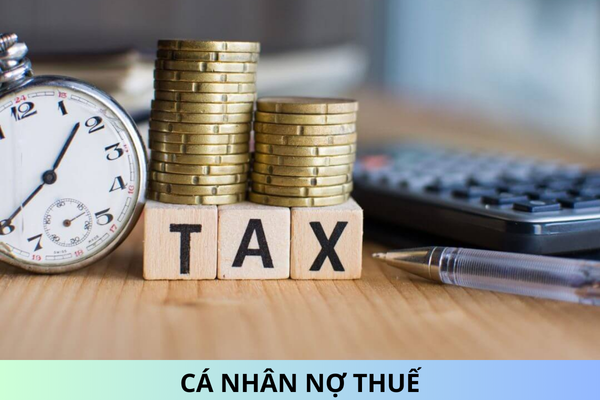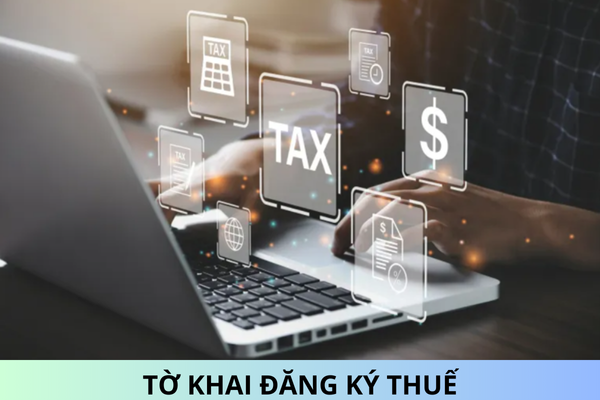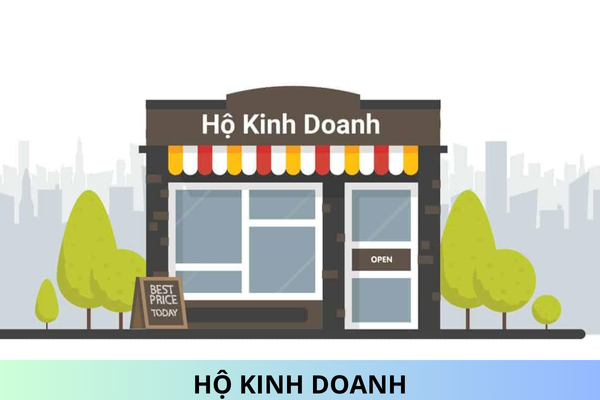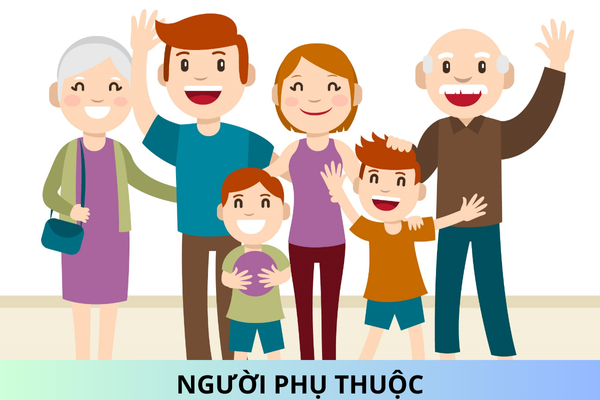Are marital properties of spouses subject to personal income tax upon divorce in Vietnam?
I am in the process of divorce with my husband, our marital properties in the process of living together have built 2 houses worth about 8 billion. I don't know when we divorce, do we have to pay personal income tax? Hope for support.
Are marital properties of spouses subject to personal income tax upon divorce in Vietnam?

Pursuant to Point a, Clause 1, Article 3 of Circular 111/2013/TT-BTC providing for tax-free incomes as follows:
1. According to Article 4 of the Law on Personal income tax and Article 4 of the Decree No. 65/2013/ND-CP, tax-free incomes include:
a) Incomes from real estate transfer (including future houses and constructions according to regulations of law on real estate trading) between husband and wife, parents and children; adoptive parents and adopted children; parents-in-law and children-in-law; grandparents and grand children, and among siblings.
The real estate (including future houses and constructions according to regulations of law on real estate trading) that is established by either spouse during the marriage, considered marital property, divided under agreements or judgment of the court when they divorce shall be tax-free.
b) Incomes from transferring houses, rights to use land and property on land of the person if only one house or right to use of only one land plot in Vietnam is transfer.
b.1) The person that transfers the house and right to use land that is tax-free as prescribed in Point b Clause 1 of this Article must meet all conditions below:
b.1.1) Only one house or one land plot (whether with or without property thereon) is transferred. To be specific:
b.1.1.1) The house ownership and right to use land shall be determined based on the certificate of rights to use land, ownership of house and other property on land.
b.1.1.2) If the house ownership or rights to use land are shared, the person that has no ownership of houses or rights to use land in other areas shall be eligible for tax exemption, the person that has ownership of houses or rights to use land in other areas is not eligible for tax exemption.
b.1.1.3) If the house or rights to use land is the marital property and only property of the husband and wife, the person that has no other private house or land is eligible for tax exemption, the person that has another private house or land is not eligible for tax exemption.
b.1.2) The house or rights to use land has been possessed for at least 183 days before they are transferred.
The time for determine the house ownership land use right is the date of the certificate of land use right, ownership of house and other property on land.
b.1.3) Transferring the entire house or residential land.
If the individual has or share the ownership of the only house or land use right and transfers part of it, the transferred part is not tax-free.
b.2) The only house and residential land that is tax-free shall be declared by the person that transfers real estate himself/herself. If false declaration is discovered, the person has to pay tax arrears and incur penalties for violations against the laws on taxation.
b.3) Transfer of future houses and constructions that are not exempt from personal income tax according to Point b Clause 1 of this Article.
c) Incomes from the person’s rights to use land allocated by the State that is eligible for land levy exemption or reduction.
The person that transfers the area of land eligible for exemption or reduction of land levies shall declare and pay tax on the incomes from real estate transfer according to Article 12 of this Circular.
a) Incomes from inherited real estate (including future houses and constructions according to regulations of law on real estate trading) between husband and wife, parents and children; adoptive parents and adopted children; parents-in-law and children-in-law; grandparents and grand children, and among siblings.
dd) Incomes from conversion of agricultural land, which is allocated by the State, to rationalize agricultural production without changing land purposes of the household or person engaged in agricultural production.
e) Incomes of households and persons engaged in agriculture, forestry, salt production, and fishery.
Households and persons engaged in production as guided in this Point must:
e.1) Has legitimate rights to use, lease land and water surface to engage in agriculture, forestry, salt production, and fishery.
Has a lease contract must be presented if the land or water surface is leased from another organization or person (unless the household or person is assigned to plant, take care of, manage, and protect forests by forestry companies). The household or person that do fishing must have the Certificate of ownership of ships or contract to rent ships used for fishing (except for fishing by trawling nets and other methods of fishery prohibited by law).
e.2) Resides in the locality where the agriculture, forestry, salt production or fishery takes place.
The aforesaid locality is a district, town, or city affiliated to a province (hereinafter referred to as district), or a district adjacent to the area where the production takes place.
Incomes from fishing do not depend on residence.
e) Raw agriculture, forestry products, salt, and fishery products are the products that are just cleaned, dried, husked, cut, salted, frozen, and put into ordinary storage.
g) Incomes from interest on deposits at credit institutions and branches of foreign banks, interest on life insurance contracts; incomes from interest on Government bonds.
g.1) The tax-free interest on deposits mentioned in this Point is the income from the interest on deposits in VND, gold, or foreign currencies at credit institutions and branches of foreign banks established and operated in accordance with the Law on credit institutions in the form of demand deposits, term deposits, savings, certificates of deposit, promissory notes, treasury bills, and other forms of deposits that the depositor should receive both principal and interest.
The basis for identifying tax-free incomes from deposits is the savings book (or saving card) certificates of deposit, exchange bills, treasury bills, and other papers that the depositor should receive both principal and interest.
g.2) Interest on life insurance contracts is the interest the person receives under the life insurance contracts with insurers.
The basis for identifying tax-free income from interest on life insurance contracts is the notes of interest payment from the insurance contracts.
g.3) Interest on Government bonds is the interest the person receives from purchasing Government bonds issued by the Ministry of Finance.
The basis for identifying tax-free income from interest on Government bonds is the face values, interest rates, and terms on the Government bonds.
h) Income from remittances are is the amount of money the person receives from their relatives being Vietnamese people residing abroad, Vietnamese people that work or study abroad.
The basis for identifying tax-free income from remittances is the papers proving that those amounts are sent from abroad and the payment notes issued by the money-transferring organization (if any).
i) Incomes from the additional payments for working at night or working overtime in excess of wages according to the Labor Code. In particular:
i.1) The tax-free additional payments for working at night or working overtime is identified based on the actual total payment for working at night or overtime minus (-) the payment for an ordinary working day.
Example 2: The wages of Mr. A on an ordinary working day is 40,000 VND/hour.
- When working overtime on an working day, he is paid 60,000 VND/hour, thus the tax-free income is:
60,000 VND/hour – 40,000 VND/ hour = 20,000 VND/ hour
- When working overtime on an holiday, he is paid 80,000 VND/hour, thus the tax-free income is:
80,000 VND/hour – 40,000 VND/ hour = 40,000 VND/ hour
i.2) The organization or person that pays incomes (hereinafter referred to as income payer) shall make a table specifying the hours of night work, extra hours, additional payments for working at nights and overtime. This table shall be presented by the income payer at the request of the tax authority.
k) Pensions paid by Social Insurance Fund according to the Law on Social insurance; monthly pensions from the voluntary pension fund.
The pensions paid from abroad to the people living and working in Vietnam are tax-free.
m) Incomes from scholarships, including:
m.1) Scholarships funded by government budget, including scholarships given by the Ministry of Education and Training, Services of Education and Training, public schools, and other scholarships funded by government budget.
m.2) Scholarships given by Vietnamese and foreign organizations (including payment for living expenses).
The scholarship giver must keep the decisions on giving scholarships and notes of scholarship payments. Where the person directly receives scholarships from foreign organizations, the person must keep the documents proving the incomes from such scholarships.
n) Incomes from indemnities under the contract for life insurance, non-life insurance, or health insurance; compensation for occupational accidents; compensation and support according to regulations of law on compensation, support, and relocation; compensations provided by the State and other compensations prescribed by law. In particular:
n.1) Incomes from indemnities under the contract for life insurance, non-life insurance, or health insurance are the money the life insurer, non-life insurer, or health insurer provided for the insured according to the concluded insurance contracts. The basis for identifying such indemnity is the written decision on indemnity made by the insurer or the court and the notes of indemnity payment.
n.2) The income from the compensation for an occupational accident are the money the employee receives from his or her employer or the social insurance fund after suffering from an accident at work. The basis for identifying such compensation is the written decision on compensation made by the employer or the court and the notes of compensation payment.
n.3) Incomes from compensations and supports according to regulations of law on compensation, support, and relocation are the compensations and supports provided by the State when withdrawing land, including incomes from the compensations and supports provided by economic organizations as prescribed.
The basis for identifying incomes from aforesaid compensations and supports is the decisions on land withdrawal, compensations, and relocation made by competent authorities, and notes of compensation payment.
n.4) Incomes from compensations provided by the State and other compensations prescribed by regulations of law on compensations provided by the State are the compensations for the wrongful decisions on penalties for administrative violations made by competent persons or competent authorities which infringe the interests of the person; incomes from compensation for the miscarriage of justice during criminal proceedings. The basis for identifying such compensations is the decision made by competent authorities that the organization or individual that makes the wrongful decision to provide compensations and the notes of compensation payment.
p) Incomes from non-profit charitable trusts accredited by competent authorities, which aim for charity, humanitarianism, and study encouragement.
The aforesaid charitable trusts must be established and operated in accordance with the Government's Decree No. 30/2012/ND-CP dated April 12, 2012 on the organization and operation of social trusts and charitable trusts.
The basis for identifying tax-free incomes from the charitable trust in this Point are the written decisions on giving money and notes of support in cash or in kind made by the charitable trusts.
q) Incomes from foreign aids for charitable and humanitarian purposes, whether governmental or non-governmental, that are approved by competent authorities.
The basis for identifying the tax-free income in this Point is written approval for receipt of aids made bye competent authorities.
Thus, according to the above provisions in Vietnam, the husband or wife created during the marriage is determined to be the marital property of the husband and wife, when the divorce is divided according to the agreement or judgment of the court, the division of this property canbe tax-free. Going back to your case, those 2 houses costing 8 billion when you are divorced, you are exempt from PIT.
Best Regards!










